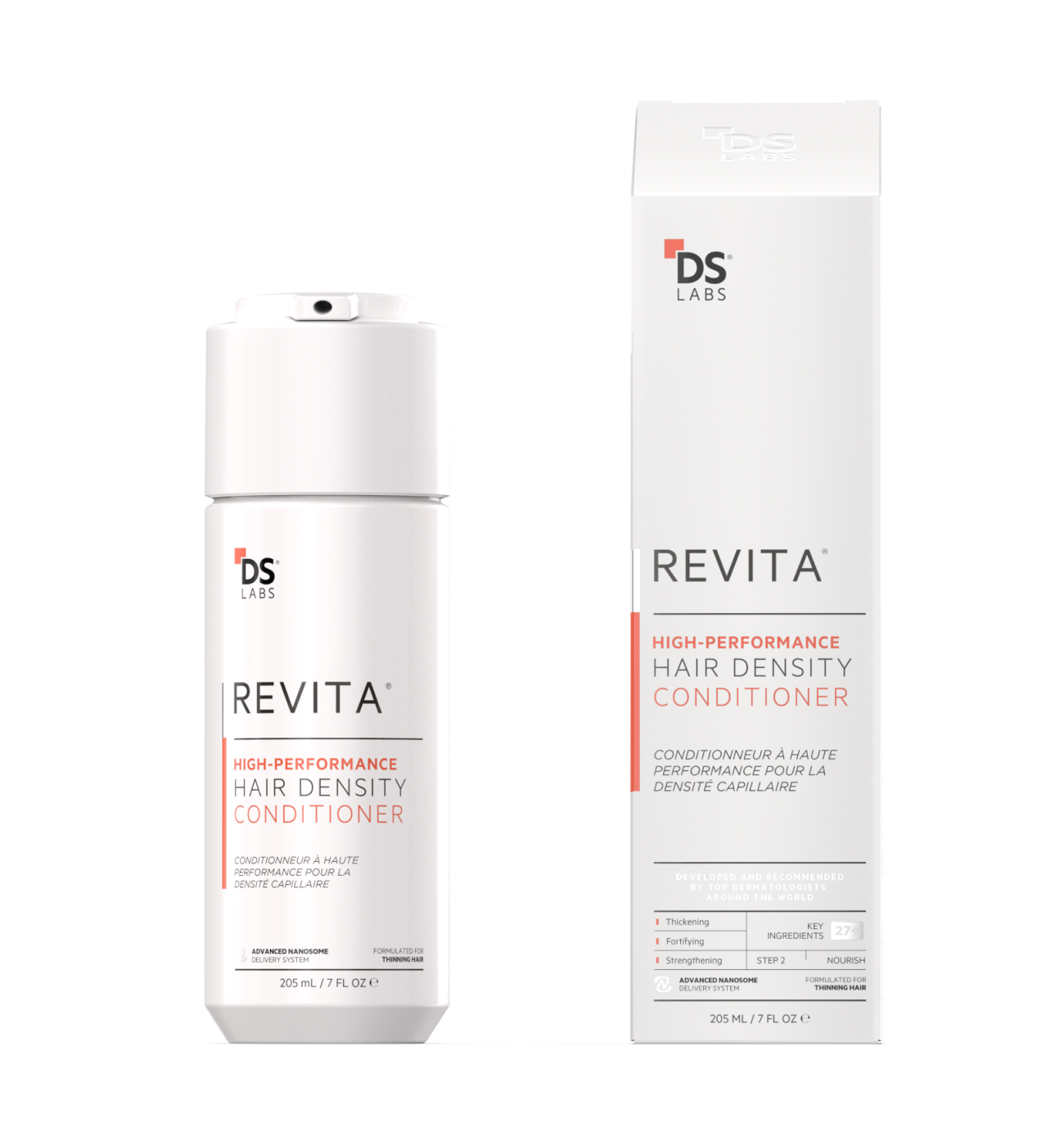Are you losing more hair than usual? While genetics, hormonal changes, and stress can be contributing factors, your gluten consumption could be the prime cause.
What Is Gluten?
Gluten is a natural protein found in ingredients like wheat, barley, and rye. It acts as a filler and glue, helping ingredients stick together and retain their shape. So, it is common to find it in prepackaged and processed foods.
Here’s the deal: Some people are allergic to gluten or have gluten sensitivity. It is a medical condition known as celiac disease that can cause hair loss over time.
What Is the Connection Between Celiac Disease and Hair Loss?
Celiac disease is a medical condition that causes an immune reaction to gluten consumption. It damages the villi, small, slender, finger-like projections in the inner lining of the small intestines that can also prevent the absorption of certain nutrients in the body.
Since what we eat indirectly affects our hair, consuming gluten could make your hair weak and brittle, eventually leading to hair loss.
That’s not all.
If your celiac disease has gone undetected or has been misdiagnosed, it could make you malnourished by causing your digestive system to work less optimally.
With time, it could lead to the malabsorption of important nutrients like vitamins (Vitamin B complex, biotin, and vitamins C and D) and minerals (zinc, iron, copper, selenium, and silicon) in your body. It could make you susceptible to health complications and may also slow down the natural growth cycle of your hair.
However, once you address nutrient deficiencies and start eating a well-balanced diet, you should be able to recover lost hair.
The Not-So-Fun Fact: Gluten Intolerance Can Make You Susceptible to Immune Disorders That Cause Hair Loss
If you’ve modified your diet but see no results, there’s a chance that your hair problems are caused by other autoimmune disorders associated with celiac disease. These include:
Alopecia Areata
Alopecia areata occurs when your immune system attacks your hair follicles. It is common in men and women and is believed to affect roughly 6.8 million people in the United States alone.
Alopecia results in unpredictable hair loss that causes hair to fall out in small, round patches from your head. Eventually, it affects wider areas, sometimes leading to total hair loss on your scalp and body.
As to the connection between celiac disease and alopecia areata, a 1995 report was the first to detect a relationship between celiac disease and alopecia areata. It showed that the two disorders can co-exist while revealing that an alarming rate of patients with alopecia also suffered from celiac disease, far more than can be expected by chance.
Another study in 2014 indicated that a high rate of alopecia areata among children could be due to “silent celiac disease” in which alopecia areata might be the only clinical manifestation of gluten intolerance.
Keep in mind that alopecia areata is unpredictable. Some patients have noticed a complete regrowth of hair, so there is a chance that your hair will grow back by itself!
Hashimoto’s Thyroiditis
Hashimoto's disease, also called chronic lymphocytic thyroiditis, is a type of autoimmune disorder. It causes the release of antibodies that attack the thyroid gland, preventing the thyroid from producing thyroid hormones. It can lead to hypothyroidism, also known as an underactive thyroid.
When that happens, your body does not produce enough thyroid hormones to meet your body’s needs. It can cause many of your bodily functions to slow down. One of the leading symptoms of this condition is hair loss.
It sounds pretty intense, but with proper treatment, you should be able to reverse hair thinning and address hair loss concerns.
How to Treat Hair Loss Caused by Gluten Sensitivity/Intolerance
Your treatment will depend on what medical condition you have.
If you have celiac disease in conjunction with alopecia areata, you should —
Avoid Gluten
A gluten-free diet can reduce inflammation in your small intestine which could decrease the intensity of symptoms like hair loss. If you have gluten intolerance, it would be wise to steer clear of:
- Baked goods like bread, wraps, cakes, cookies, pastries, and doughnuts
- Certain beverages like beer, drink mixes, and more
- Certain condiments, such as soy sauce and malt vinegar
- Grains with gluten such as wheat, barley, rye, spelt, and couscous
- Processed foods, including French fries, breakfast cereals, and canned soup
- Wheat-based pasta
This will naturally limit your food options and require some due diligence so that you don’t unknowingly consume anything with a trace of gluten.
The good news is that many brands offer gluten-free alternatives. They may be a little more expensive, but many people feel that it’s worth it because it allows them to enjoy their favorite foods again without negatively affecting their health.
However, if your hair loss is caused by an underactive thyroid —
Take Synthetic Thyroid Hormones
Symptoms of hypothyroidism can resolve or decrease in intensity once you get thyroid hormone replacement supplements. Synthetic hormones replace the hormones your thyroid gland should be producing on its own, bringing your thyroid hormone levels back into the normal range. This can potentially resolve your hair loss problems.
Wrapping Up
If you’re facing hair loss, a dietary change might be all you need to reverse it if it’s caused by gluten intolerance.













